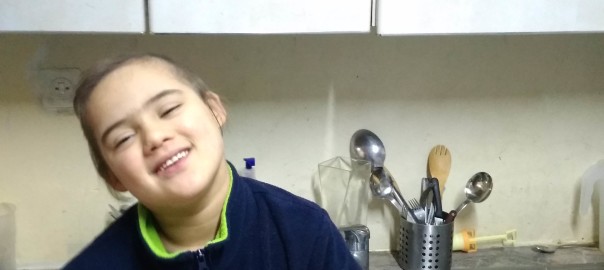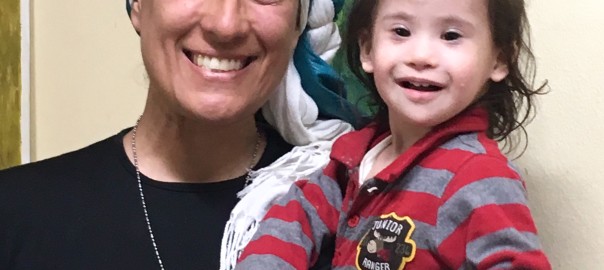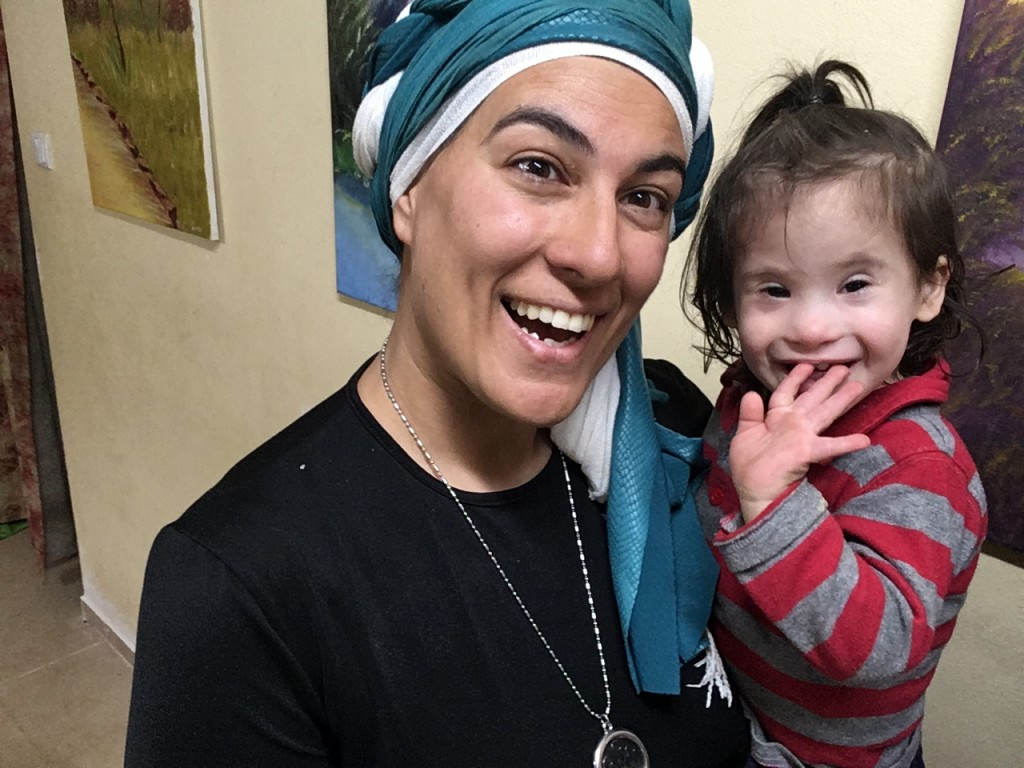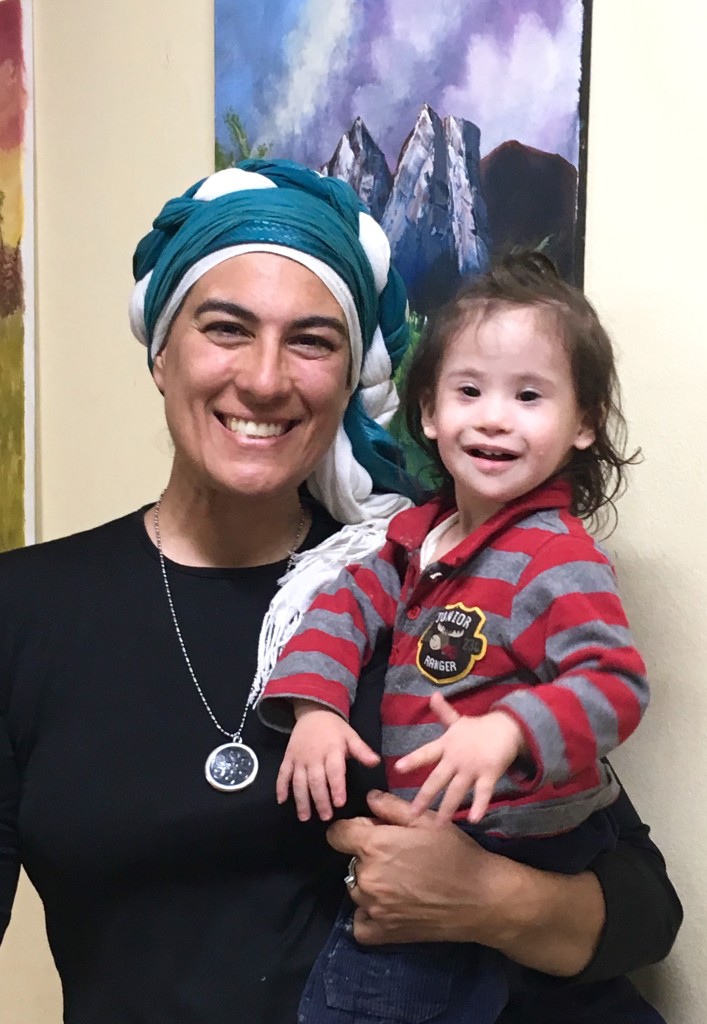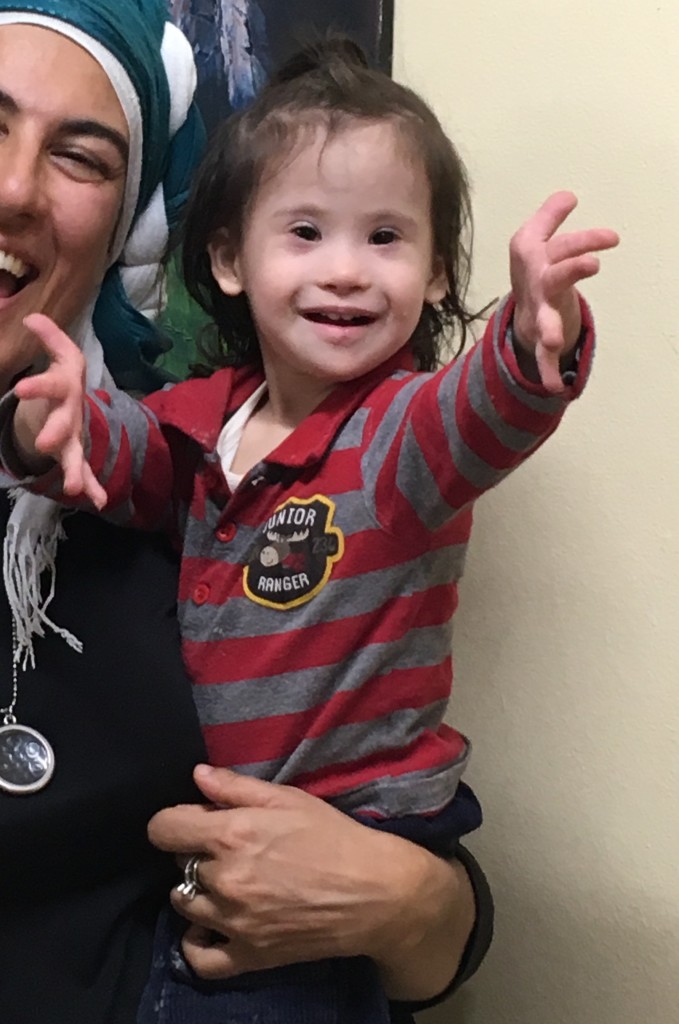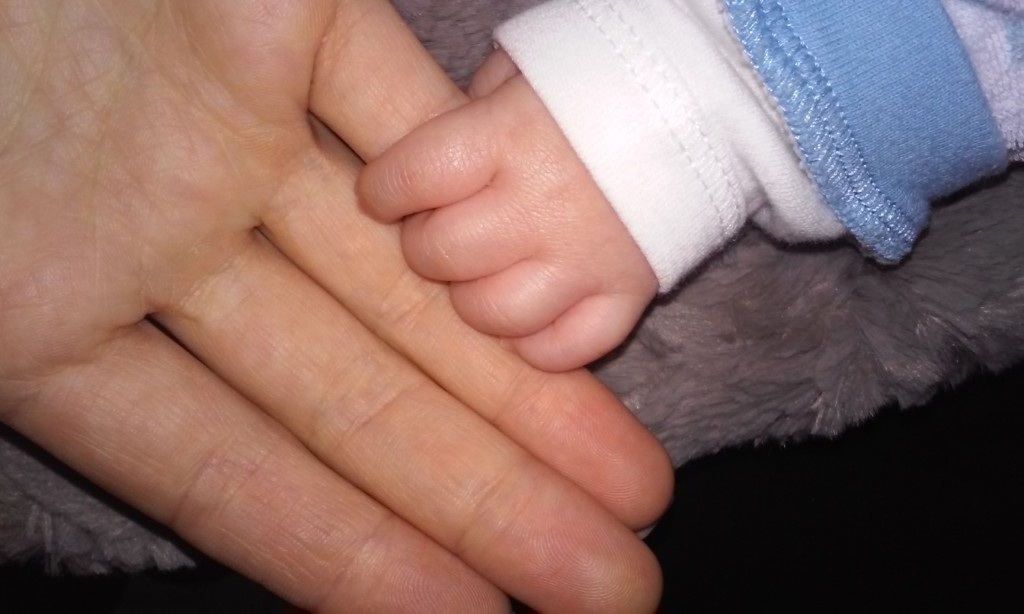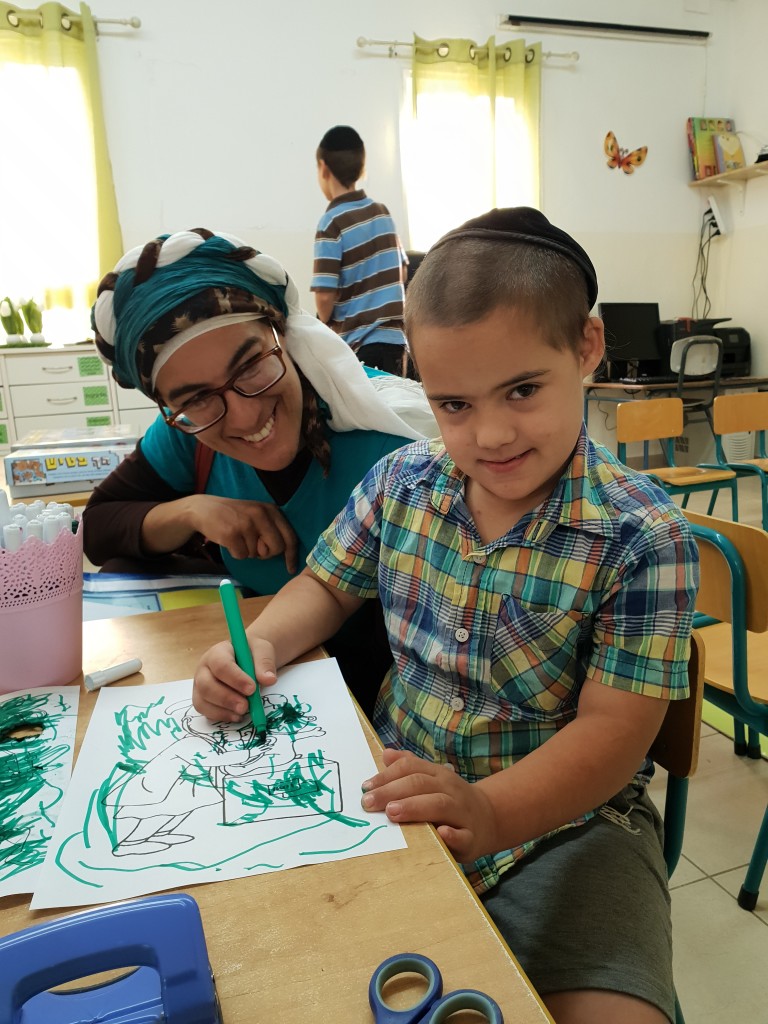Having a child with special needs who is now in the ‘system’ is giving me a crash course in how to negotiate tedious bureaucracy and I’m getting quite good at it!
Between Rafael and Yirmi’s medical stuff, educational stuff and foster care stuff (not to mention my other kids!), I have a lot of paperwork and appointments to stay on top of – and no matter how much I do, there’s always at least one more thing that needs to be done. I’m not complaining, just describing the reality.
It’s already time to prepare for next year academically and this week we got an important evaluation taken care of. Amazingly, we got our appointment only five weeks after beginning the intake process with the social worker at social services. (Don’t ask me why social services is the address for the education needs of kids with special needs, but they are.)
We were told to schedule three hours for the evaluation in Jerusalem, which consisted of three parts: meeting with a social worker, a psychologist and a doctor. Each meeting is 1/2 hour or less but we were told to expect a lot of waiting between appointments.
Though Yirmi was accepted to a regular first grade class, my preference is for him to remain an additional year in gan safa in order to learn more Hebrew before beginning first grade, so that he’ll be better positioned for success in grade school.
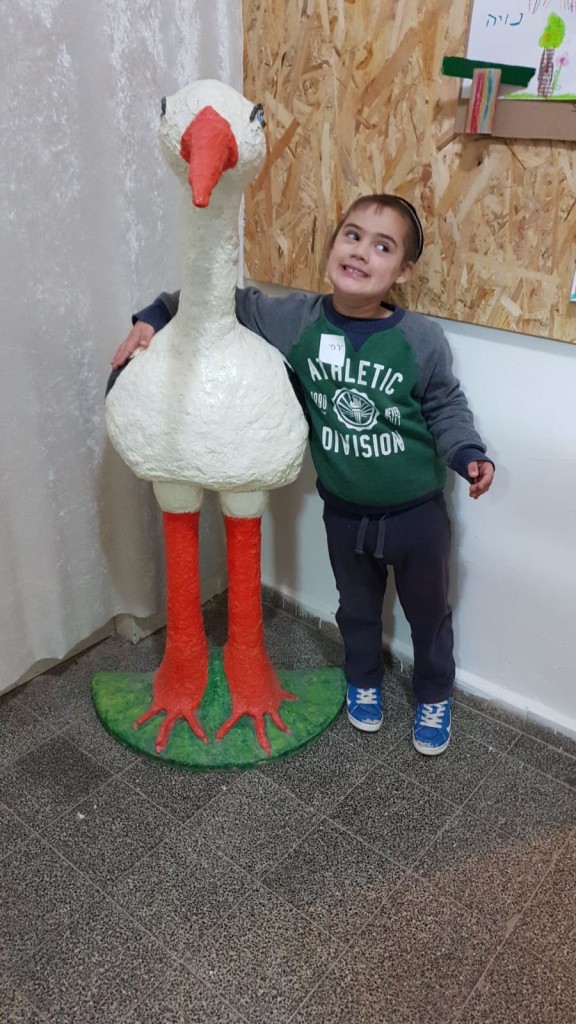
However, his teacher has told me we can’t assume that he’ll be permitted to stay in gan safa for another year. This will be determined by the educational placement committee this spring, and the evaluation we just had done is an important resource for them – and that’s why I did it even though I’m opposed to testing and assessments of this sort. When you’re in the system, you have to work with it whether you like it or not.
We first met with the social worker. I am so sick and tired of people who don’t know how to establish emotional rapport with children and don’t understand the critical importance of rapport, being in these positions. I am sick and tired of my six year old being expected to comply with people he doesn’t know, to do things he doesn’t want to do, to prove himself while his feelings or needs are dismissed and seen as secondary. It is all so unsupportive of him.
The first meeting was an inefficient use of our time. Why couldn’t she fill out all the paperwork that was identical to the paperwork sent to her before I came into the room? It’s completely unfair to waste the patience of the kids, making them sit there while she asks the same questions that she already has the answers for on the paperwork in front of her…address, phone number, year we made aliyah, how many bedrooms, who shares a room with him, income level, education level, etc, etc.
While she was copying some of the information from one paper to another, I was trying to engage Yirmi, who was understandably bored and antsy after our hour and a half drive, followed by an almost half hour wait.
The social worker got annoyed and told me that he and I are speaking together more than she is talking to us so we’re going to have to leave her office. I told her that after two hours of not being engaged by anyone, it’s completely unreasonable for me to ignore him and expect him to sit quietly while I answer all of her questions.
She then asked him his name and he said, ‘Yirmi’. ‘Doesn’t he know his last name?’ she asked. ‘Yes, he does, but generally that’s not what people want to know,’ I responded. Then she asked his age, and went back to asking me more questions while he tried to leave the room three times before it was finally obvious to her that he was almost completely out of the ability to wait any longer.
So she starts again: what’s your name? He just looks at her, obviously wondering why she’s asking him when he told her already. No reply. ‘How old are you?’ No response.
He didn’t want to answer because he thought if she was repeating herself, it must be because there was something wrong with his initial answers. He started to look anxious and resistant – arms crossed over his chest, chin down, bottom lip out.
She asked more questions, and he wouldn’t even look at her. I asked him the questions since he wouldn’t answer her at all. He responded with one word answers and kept saying he wanted to leave.
She commented, “I see he only can use one word at a time.” ‘What???’ I said, surprised she was making the assumption she was. “I see he isn’t able to form sentences,” she stated.
This would have been funny since he conducts entire conversations, except that she’s writing a report about his academic abilities. How accurate do you suppose her assessment will be, based on interacting with him in a stressed state for less than ten minutes?
We then saw the psychologist, who was thankfully much more child friendly and did a bunch of game-like assessments. Yirmi is extremely perceptive and can tell when he’s doing well and when he isn’t. When he gets a sense that he’s failing in some way, he starts to close up (like with the social worker).
Mostly the assessments with her went well, and she kept her energy fairly even regardless of his response. There was one set of questions where he didn’t understand what he was being asked to do, and kept giving the wrong answer. She responded after each question in a very nice tone of voice, ‘Okay’.
After the third time, Yirmi turned to me and asked, ‘Why is she saying okay?” (Since after all the other times she said, ‘great’, he realized he was doing something wrong.)
We then saw the doctor, and Yirmi started to back away and shake his head, saying he didn’t want the doctor to touch his tummy. I told him that the doctor wouldn’t hurt him and asked the doctor if he would need to look at his stomach. The doctor said something obscure, and I asked him (more than once) if he could please tell Yirmi what he would be doing so he would know what to expect.
In the beginning of every single meeting, I had to ask the person their name and introduce Yirmi to them and introduce the person to Yirmi. If they had understood rapport, they could have easily said, “I’m so and so, what’s your name? I’m so glad you’re here with me today!! This is what we’re going to be doing today,” instead of jumping right into their assessments. It would have taken about 2 minutes maximum to connect with him, and it would have saved them time and energy in the end, as well as giving them results that are much more accurate.
Considering they’re seeing kids for assessments all day long, that’s a lot of stress that would be alleviated for the kids, their parents and the people doing the assessments.
Little kids have feelings. They can’t be expected to feel safe with strangers touching them, moving them around, asking pointed questions. Just take two minutes to look at them, talk to them, let them know what to expect so they can feel prepared and be more ready to engage.
(As I’m writing, I’m reminded of a situation I wrote about with an elderly woman in the hospital, and how taking the time to be kind is seen as inefficient. The confusion between efficiency and effectiveness is the same issue here.)
They were all nice people so my comment isn’t about them personally. The problem is that professionals aren’t being taught to interact with children in a way that will help them feel safe and by extension responsive.
We were very lucky to finish in two hours and twenty minutes, which the secretary told me was unusually fast. We’re scheduled to return in a month to participate in the meeting of all these professionals as they present us with their joint assessment. (Why does Yirmi need to be there to listen to people tell me what he can and can’t do? They didn’t answer that except to say he has to come. I’m thinking of getting him earplugs because even if it’s in Hebrew I don’t want him to hear himself being discussed. It’s completely inappropriate.)
This center happens to share a building with the Feuerstein Institute, and I decided to stop in there after we finished his evaluation to see if they had a book I wanted to purchase. The energy in the two places is very different – in one place I felt they were looking to find the deficiencies, and in the second place even in the very short time we were there, they looked at him with appreciation and smiles.
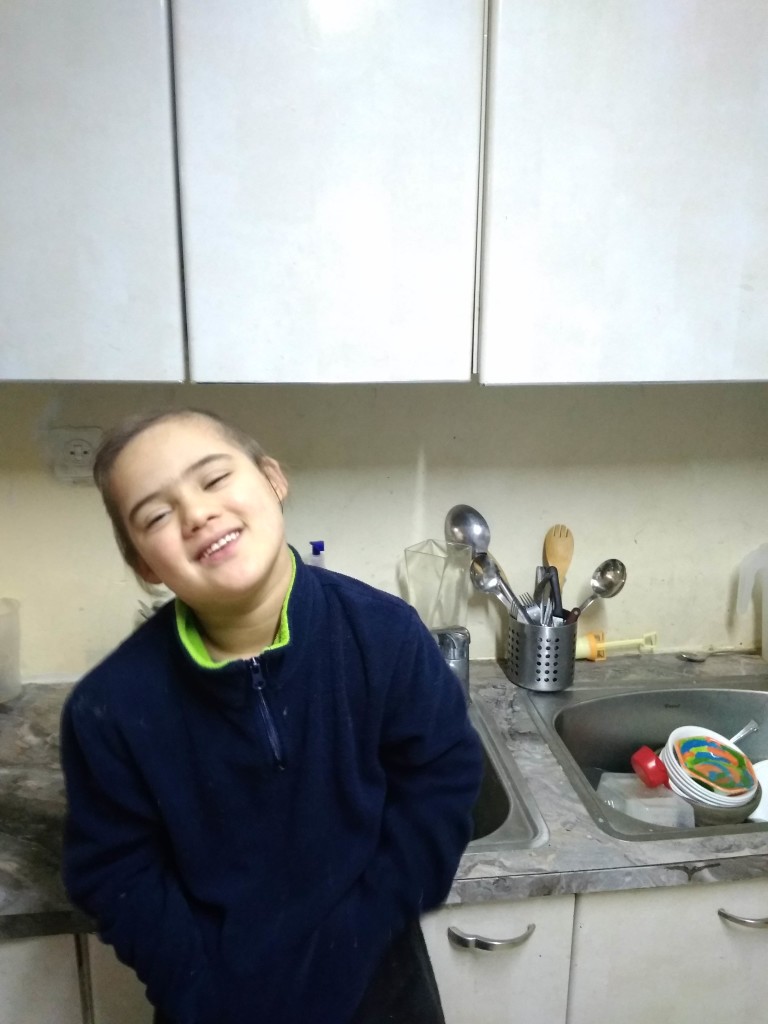
(Being there again put the bug in my head to see about if it would be feasible at this point to get therapies there – I’ve called to find out what’s involved and am waiting to hear back to see if it’s feasible financially and logistically.)
At Feuerstein I happened to meet another T21 mom who I know mostly online who recognized me, and warmly greeted Yirmi. She got to see much more of the real Yirmi in the ten minutes we were speaking than any of the professionals doing the assessment!
It was nice that this center is located just a couple of blocks from one of my married daughters, and she invited us to have lunch with her and her husband at their home. Yirmi had never been to her home before and he was very happy to spend time with her and her husband. Throughout the assessment I would keep reminding him we would be going to their home when we finished, and it was nice to finally get there.
She’s also due very soon, so this was probably our last chance to spend time with her before she gives birth!
Avivah
